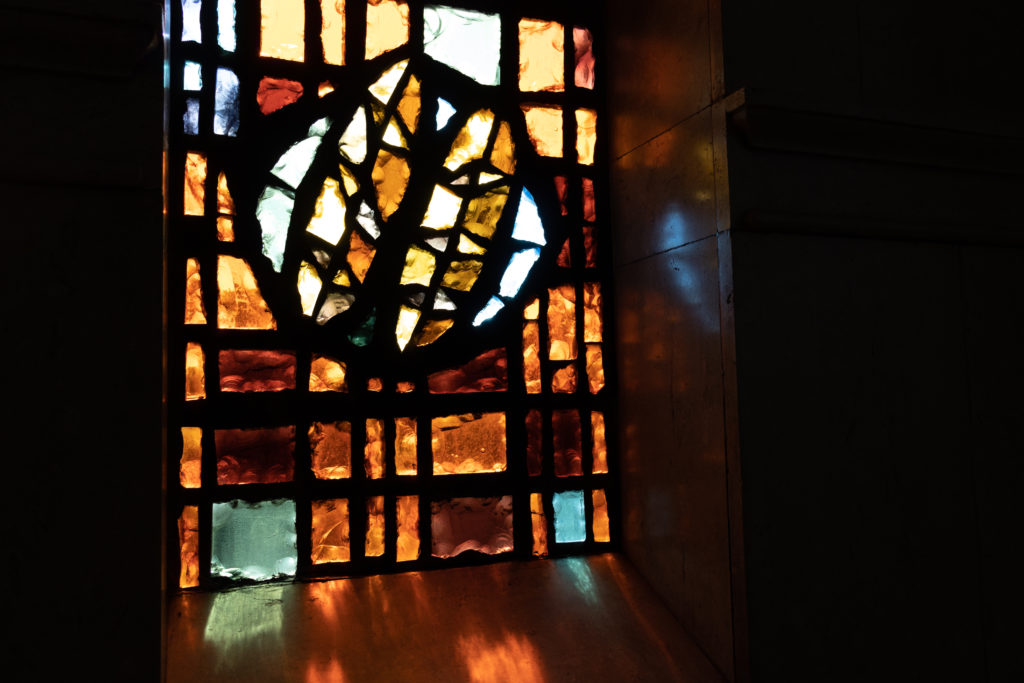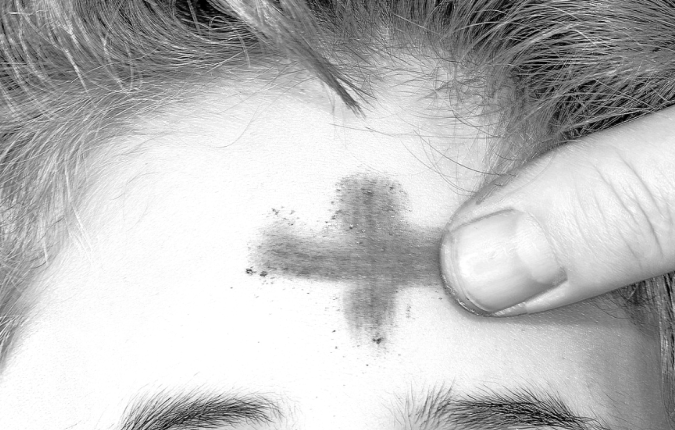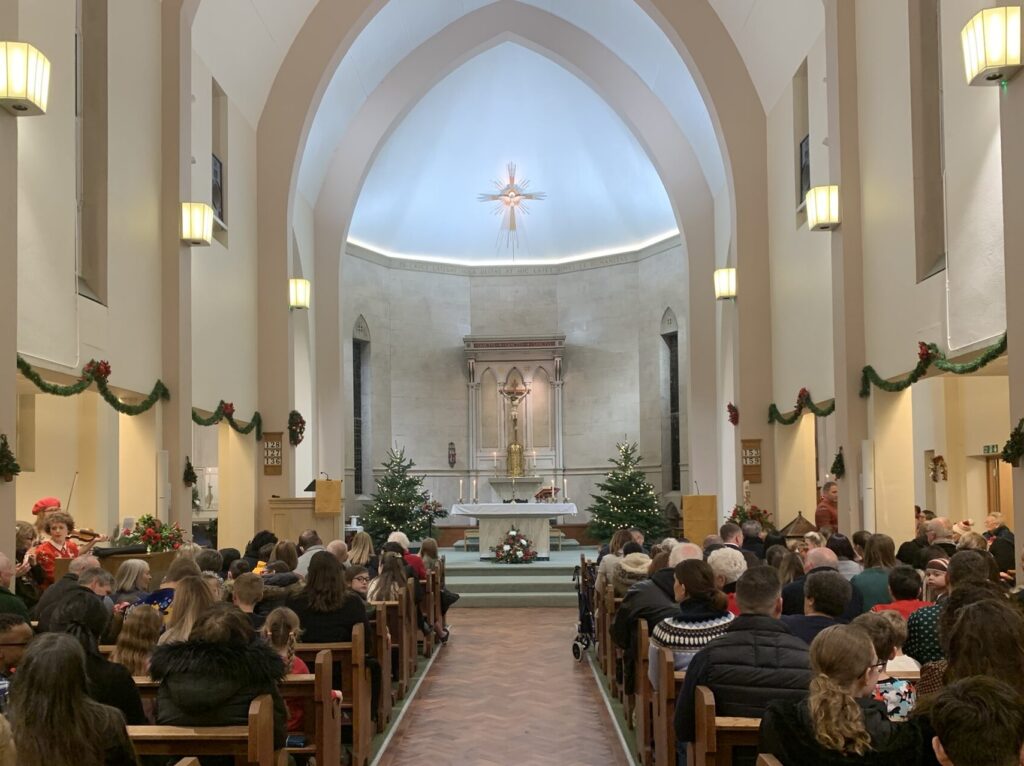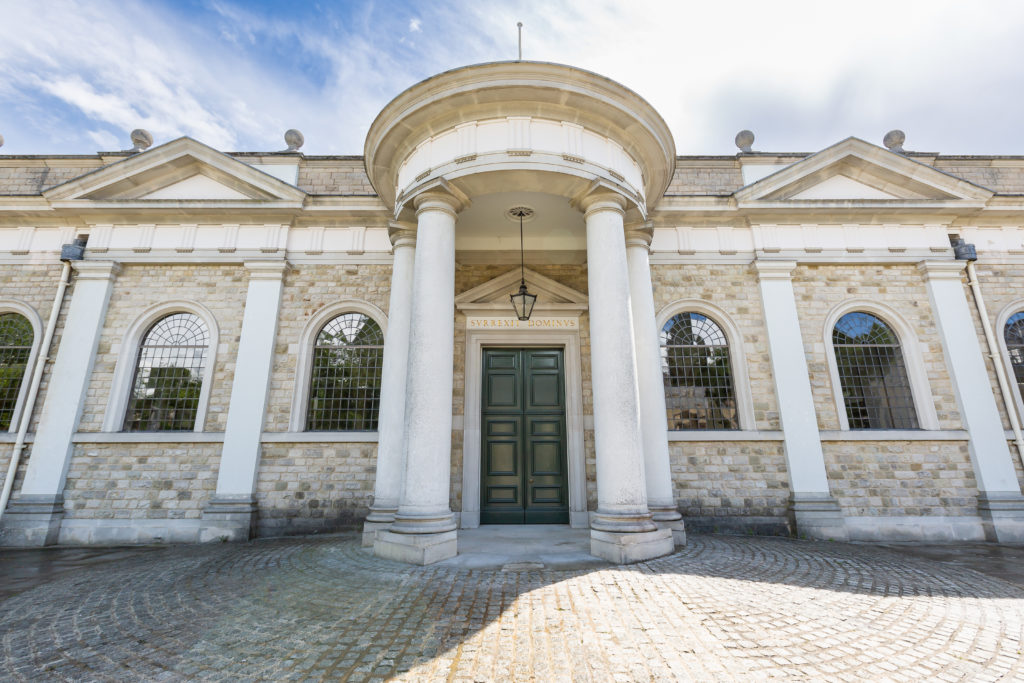Homily for the 15th Sunday in Ordinary Time (readings here)
The newsletter for this weekend also included a reflection on giving, and an annual financial report to the parish.
Jesus’ parting message to his apostles is the great commission, ‘make disciples’. At a much earlier point in his ministry, he sends his disciples out on mission in his name, and with his authority. And this is all they are to take with them: they must learn to do without the things that might normally give them a sense of security, and trust that God will provide what they need. ‘Need’, mind you, not ‘want’!
There is a lesson for all of us in our daily lives, to sit lightly to the things we so easily become attached to and even dependent on, and learn to trust in God. To travel lightly, so that we may not be weighed down and distracted from the goal of heaven. But I want to focus this homily more specifically on how our attitude to material things also relates to our involvement in the mission of the church in this place.
This summer has given plenty of support to the cliché that English people like to talk about the weather. There’s certainly been plenty of it, of every kind! The other cliché is that we don’t like to talk about money! But I’m going to anyway.
My message to you this morning is not simply a plea for you to increase your giving. It is an encouragement for us to be more deliberate, intentional and prayerful in our giving, and to see how it fits in with our calling as disciples of Jesus Christ, called to make disciples as well as be disciples.
There is, first of all, a sense of shared responsibility. The first disciples held everything in common. We don’t go that far; the parish isn’t a kind of commune. But neither is it a kind of club or service with a membership fee or subscription. We are a family, and as with any family each member contributes to the household expenses according to their means. And, it seems to me, that it is part of this shared responsibility to be open about the finances of this parish ‘household’, which is why I’ve included the insert in the newsletter with an annual financial update. The finances are regularly scrutinised by members of our parish finance committee, and the accounts are audited as part of the annual diocesan-wide audit, and I think it’s important you are aware of this. As a parish family, we are also part of a wider, extended family – the diocese, and the universal church – and as a parish we make a significant contribution to the running of the diocese, and indirectly to the wider church at every level. Again, its important to know this. Money flows upwards, not downwards.
But I want to turn this around. Rather than thinking in terms of sharing the costs between us, so that we can make sure everything is covered, let us think what we could do as a parish, intent on carrying out the mission Christ has entrusted to us, with every member contributing generously of their time, energy and money according to their particular circumstances.
This mission is part of our baptismal identity. In baptism we receive a share in Christ’s threefold anointing as priest, prophet and king. How we use our money and material goods can be related to each aspect of our identity. Most obviously, the stewardship of our material possessions, is an aspect of our sharing in the kingship of Christ. Ultimately, everything comes from God and returns to him. It is up to us to use well whatever comes into our temporary possession. To do good, and to honour God. Our society conditions us to see money as a measure of our status as well as a means of providing a sense of security. But our faith tells us that neither of those things are of ultimate importance, nor in the end can they provide the lasting and deep happiness we seek.
The choices we make in spending our money can also be a prophetic witness to human dignity, our solidarity with the poor, our concern for the needs of others and for our common home.
And when we give generously and sacrificially of our resources in the service of the church’s mission, there is a sense in which this is an offering of worship to God, expressing our priestly identity.
Back in October during the mission, one of our mission team told me in conversation that the last thing to be converted was her wallet. We are all on a journey – indeed a lifelong journey – of deepening and daily conversion, turning our whole lives over to the Lord. Even our wallets. That doesn’t mean renouncing all possessions or economic activity. But it means learning to sit lightly to what the world values dearly. To be in the world, but not of the world. To see everything in the light of our eternal destiny.
I can’t tell you how much you should be giving. Everyone’s circumstances and obligations to others vary. Many people are still struggling with rapid increases in the cost of living. But the bible provides a clear basis for giving to be something that is a deliberate and intentional commitment as part of the broader commitment to following Christ, made cheerfully, not grudgingly. Something that is prioritised, sharing our ‘first fruits’ with the Lord, rather than a bit of what is left over. It is about a spirit of generosity and sacrifice, motivated by love, as manifested by the poor widow at the temple who gave all she had. And just to be absolutely clear, it’s ok to decide to decrease your giving if your circumstances warrant it. The important thing is that we make the decision prayerfully and revisit it regularly.
Last week we heard that Jesus could work no miracles in his home town due to a lack of faith. The disciples are not always models of great faith themselves, but in this instance, we are told, the miracles that were blocked by lack of faith in Nazareth are manifested in abundance, when the disciples place themselves at the Lord’s service. We should not be surprised at what might be accomplished in this place, if we are similarly generous in giving ourselves to his service. Let us give ourselves to God, and expect marvels.
